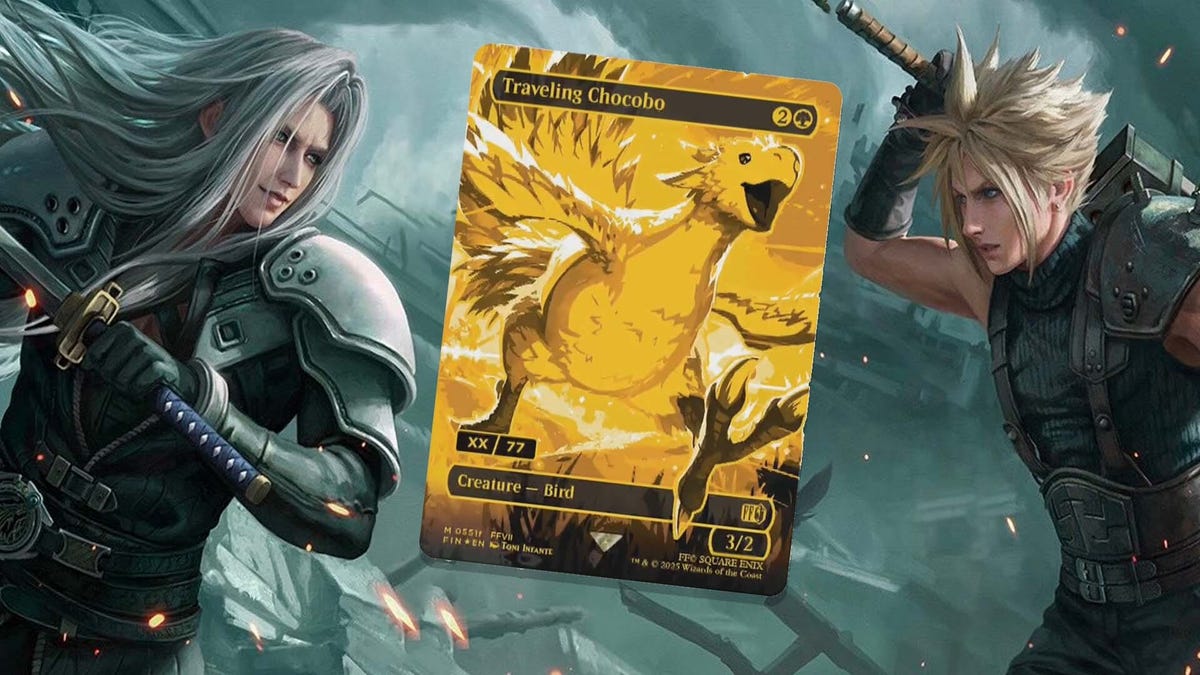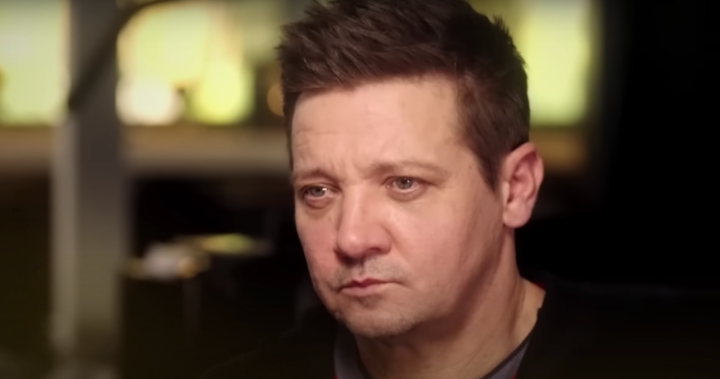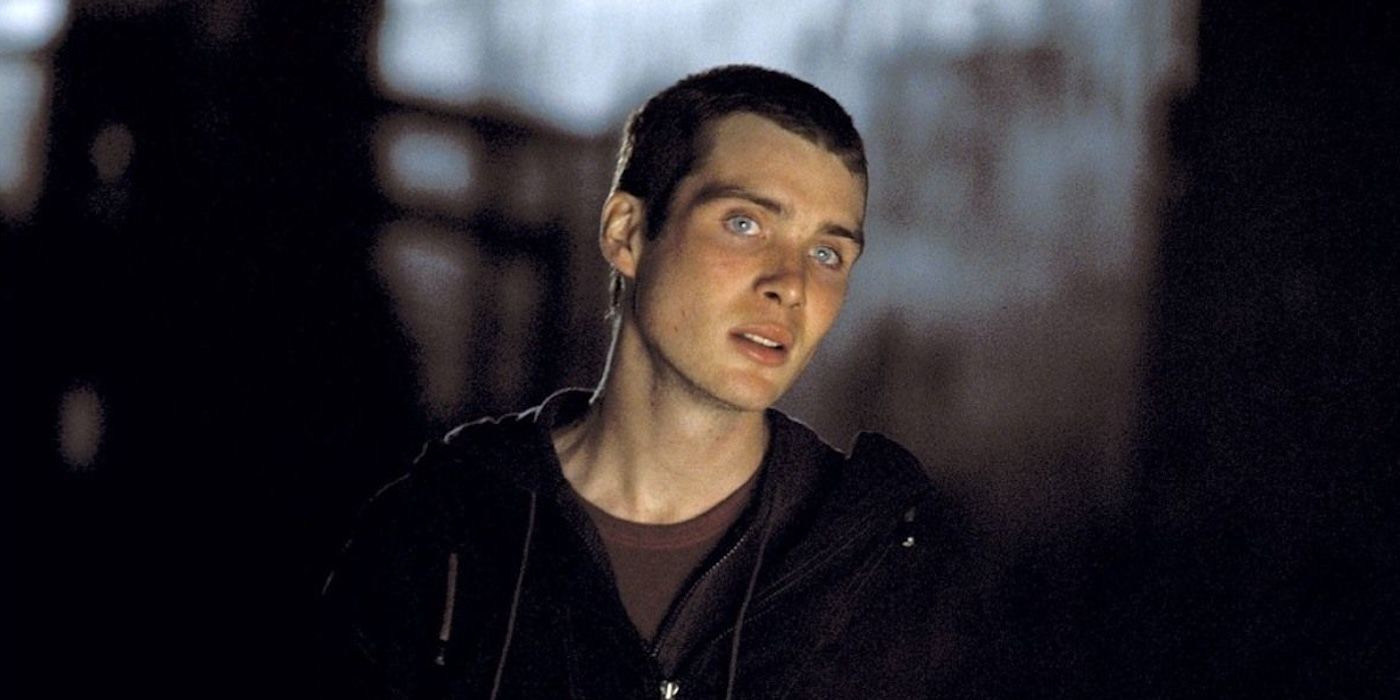Matthew Inman is no stranger to intrusive thoughts. But it wasn’t until a couple of years ago that he learned what these at-times compulsive thoughts are, in the seat of his therapist’s chair, where he was experiencing more intrusive thoughts than ever. And while intrusive thoughts — those unwanted, often distressing and disturbing images that pop up without warning — plague tons of people with depression, anxiety, and OCD, not all of those people have turned their uncontrollable day-nightmares into silly card games. Inman has, though.
The creator of The Oatmeal, a longstanding site for webcomics, Inman has centered his work for the last 15 years on bringing levity and clarity to the oddities of life. You might remember his longform comic on the mantis shrimp (which, we decided in our interview, arguably put mantis shrimp in the public consciousness) or maybe you’ve been carrying one of his short but profound comic strips in the back of your mind for the last few years. Or, you might be a fan of Exploding Kittens, the family-friendly, roulette-esque card game that became a mainstay at game shops almost a decade ago and has since been adapted into a Netflix show. If you’re familiar with any of Inman’s work, it’s not entirely a surprise that his newest thing, a collaboration between The Oatmeal and Exploding Kittens, centers on mental health — while lots of Inman’s work is lighthearted, plenty of it is deep and self-reflective, and it’s often both of those things at once.

Horrible Therapist is a social card game in which players build comics using three frames — the same three frames used in this random comic generator, which ultimately provided the basis for the game. First, the therapist asks a question. The next card shows the patient’s response. The final one shows “the treatment,” which is usually the therapist’s response. It’s like a three-beat Cards Against Humanity, but with Oatmeal-like illustrations.
Polygon caught up with Inman about the new game, as well as his experiences with therapy, mental health, and what he’s planning next.
Polygon: Did you have a moment where you started to find humor in your intrusive thoughts? Or has it always been something you’ve been able to sort of dismiss with a little bit of, Wow, that’s an absurd thought that I had.
Matthew Inman: I didn’t know what they were until about two years ago, so I’m 42, so four decades I was alive. I didn’t know they were normal, and I honestly thought that outwardly I would kind of say to people, I’m a normal guy, I’m nice, but inwardly I was like, no, I’m not. Holy god. […] I thought I had these dark, evil, twisted thoughts that were violent and embarrassing and shameful, and then I finally found out. And I used to have these while in therapy — my therapist would be talking and I would think about, What if I just started singing Baba and slapping myself in the face right now? That’s a very mild example. If you’ve ever had them, they’re oftentimes violent or sexual or shameful. They’re horrible. And then when I found out, it really made me feel better because I realized that these aren’t who you are. The kind of analogy I like to use is that intrusive thoughts are kind of like junk mail in your inbox. They’re not any indication of your communication with the world or how you interact. They’re just crap that floats in and you just let it float away.
Exploding Kittens isn’t really necessarily a comedy game, but it’s certainly comedic and it’s really silly when you’re playing it. But this game feels way more Oatmeal-ish in that it’s very cringe-comedy-ish. It’s very in that kind of realm of, the joke is that you’re a little uncomfy.
I don’t usually operate in the realm of kind of uncomfortable comedy. […] One thing I really have tried to avoid is just shock comedy, where you say the most shocking perverse thing, and that elicits a laugh. And sometimes that can work and sometimes it’s funny. The problem is, one thing I’ve learned about being shocking is it’s actually, it’s a form of pandering. It’s a form of being lazy because rather than writing a smart intelligent joke, you just make a dick joke. […] So I will write that shit all the time, but I try to lean closer to making it a little smarter. I think it’s ultimately a better joke. The Exploding Kittens show, actually, was kind of teen-rated, but we don’t cuss in it. […] It actually forced us to write smarter jokes, so for Horrible Therapist, that was sort of my through line a lot of the time. And people can rearrange the cards to be incredibly shocking. There’s stuff in there that’s like, dear God, but there are the ones that are really satisfying.
Here’s an example. There’s one where the therapist says, “Why are you so anxious today?” Or, “What’s on your mind?” And the patient says, “I’ve decided to start eating meat again.” And then the therapist says, “Well, lucky for you. I dug up grandma.” And then he’s got grandma’s corpse from a coffin. So that one is shocking, but it’s kind of funny ’cause it’s clever in that it connects with the vegetarian joke really well, rather than just […] like, “Fuck, shit, ass.”

It’s kind of interesting to see the evolution of this type of party game.
I wasn’t super interested in making this kind of game, just because there’s a million of ’em that have been around forever. But once it was driven by comics, and once I had the little three-act structure couched in therapy, specifically my experience with therapy, that’s when I got really excited about it.
Speaking of, have you ever had a horrible therapist?
Yeah, totally. I realized getting a good therapist is [like] getting a best friend or dating. I just thought you’d just go online and click “that one” and you solve all your problems. […] I had one therapist that, I don’t know what she was thinking, but she just kept telling me to keep staring and not blink and try to just zone out. And then she would just have random thoughts come into her head that had nothing to do with anything and she would just blurt out random shit. And she said it was her very specific form of intuitive psychotherapy. And finally, she was like, “I’m just getting the sense on this call that you don’t like this person you’re talking about.” I’m like, “Do you think? I’ve been ranting about him for half an hour.” And she’s like, “Also, I think you don’t like me.” And I was like, “You know what? I don’t.” And that was the last time we ever [saw each other].
Can you speak a little bit to what your spread of work is like right now and what you really enjoy working on the most?
I used to be a lot more prolific. I wrote longform comments about Nicola Tesla, the mantis shrimp, dogs, mental health, science, history. I loved doing that. That was the best thing I’ve ever done. Exploding Kittens is amazing. But due to its growth, hiring employees, having offices and meetings, all that stuff — that kind of occupied my time. And then when we signed the Netflix show deal and I became the showrunner and writer, that was another five years on that. So I’m kind of at the point now where Exploding Kittens doesn’t need me full-time and neither does the Netflix series. So I really wanted to start focusing again on writing longform content. I really liked being a science communicator. One of the last longform science comics I did was I went to the [Jet Propulsion Laboratory] during a Mars landing, and they landed a lander on Mars called Insight, and I got to be in mission control and then write about it as a comic.
That’s what I’m going to get back to — the long stuff. […] Horrible Therapist was fun — they were just quick, short, silly, nonsense jokes. But ultimately my heart is getting back into writing about science and nature and just longform. I love longform comics.
That’s definitely the stuff I’m personally most familiar with, just timing-wise — that’s my first exposure to your work.
When The Oatmeal turned 15 this year, I did a talk at New York City Comic Con, a panel about it. And I kind of did my greatest hits and walked through and I realized all my greatest hits [are] from 10 years ago, and I was like, Huh, what happened 10 years ago? I created Exploding Kittens. So as much as I love the card game company and it’s been amazing and grateful, it did cause my comic to just… you know. I was just busy.
That’s a lot of inspiration to draw, too. Where in your world are you getting ideas for all of this stuff?
Reading nonfiction helps, to be honest. There’s so much comedy, especially when you write about science, in the insect and animal kingdoms that just is horrible and amazing, like a mantis shrimp. I don’t know if you’ve ever read that one, but that was one where, when I researched the mantis shrimp, I was like, These jokes write themselves. It’s an undersea party clown that has vision greater than anything on Earth, has been evolving for almost half a billion years, and can punch so hard and so fast it creates light underwater with its fists. Literally, it creates light.
I feel like you may have put mantis shrimp on the map with that one. Suddenly, it was like I started seeing so much mantis shrimp content.
Yeah, it’s been blowing up on TikTok lately, people being like, “Have you heard of this shrimp?” And I’m like, “Motherfucker, I invented that shrimp. I’m like his manager.”
The other one that I don’t take a lot of credit for, but I want to — I wrote a takedown piece on Christopher Columbus 10 years ago, and this was back when people still liked him, and I like to brag that I canceled Christopher Columbus. I think there were a lot of people that ultimately helped, but I at least kind of gave him a hateful shove into retirement.
Do you have any other favorites?
There’s one called “How to Be Perfectly Unhappy.” That is about — it’s hard to explain in a nutshell — but there’s just the idea that I don’t like to say I’m happy or unhappy because it’s basically a pass or a fail, and I’ve found that happiness — this is a long-winded thing, but I’ll try to be short — happiness is a feeling that lasts, I don’t know, a minute. Five minutes. It’s as long as a sneeze. It’s not long, and I’ve really never found myself to be able to consistently feel that way. Instead, what I focus on is being interested or doing things that are meaningful to me. The lame word for it is being in the zone. Athletes talk about being in the zone. Psychologists talk about a state of flow. I’ve found that getting into that state, whether it’s being with my son and listening to him talk to me about Legos or if it’s oil painting or drawing a comic or going for a run — that, to me, is the closest to happiness I can ever get. So I wrote this comic that kind of talks about that, how to be perfectly unhappy, because people always ask me, “How are you today?” I hate saying I’m good. So I usually give a number. I’ll say I’m a 6.8.

And one other I want to bring up, ’cause it’s my favorite comic and it took me two minutes. […] The guy sees a sign, it says, “There’s a hero inside all of us.” So he bends over and pulls his pants down, looks in his butt, and Batman pops out and says, “I’m Batman.” And then the comic’s over. […] Took two minutes, and it’s fun. So they’re not all mental healthy and stuff. Some of ’em are stupid comedy, but I’m proud of them.



















